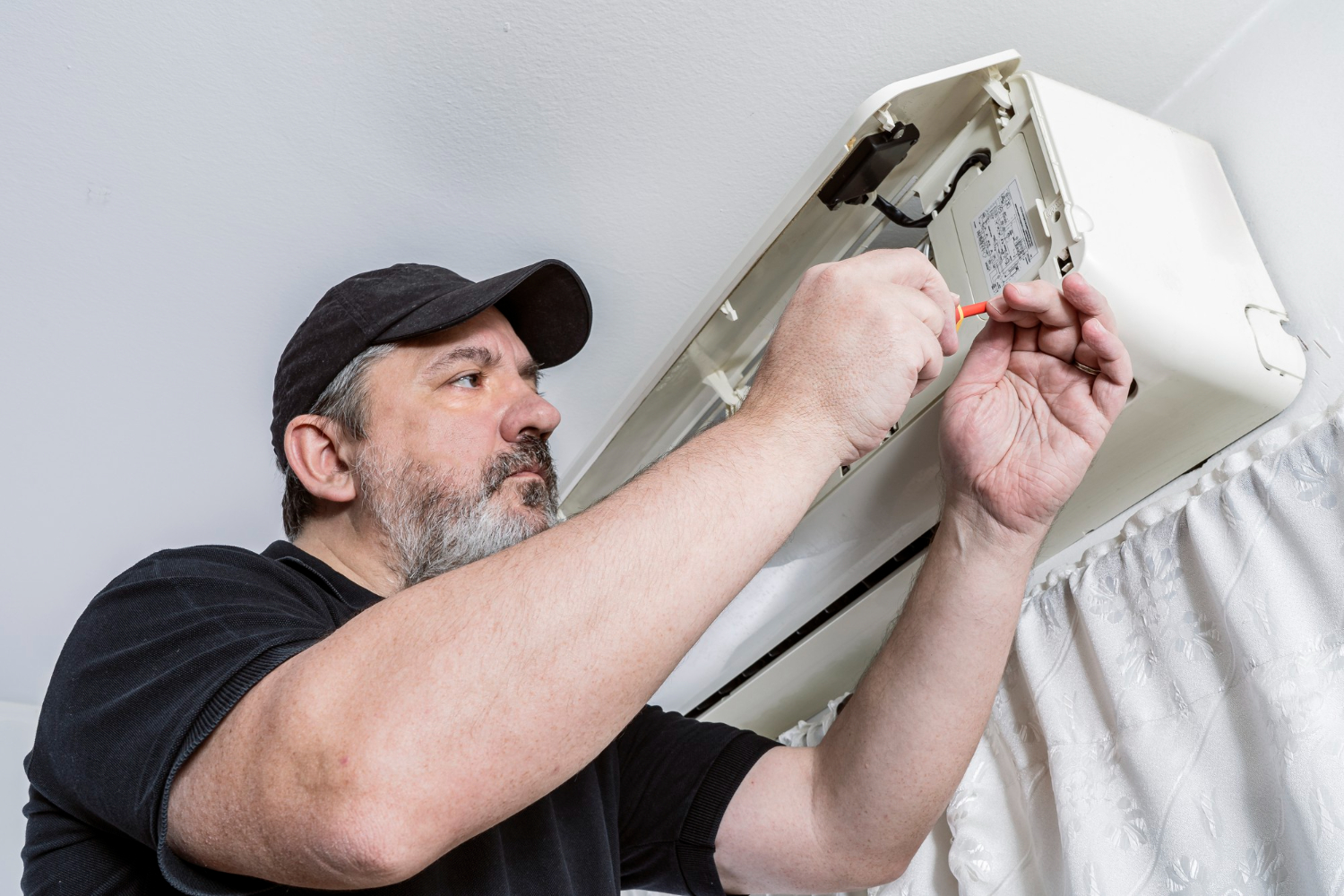As winter sets in, the prevalence of viruses often increases, making indoor air quality a significant concern. One effective method to tackle this is by using an air purifier. These devices are designed to filter the air, removing harmful particles, including potential viruses. Understanding how air purifiers work can help in making an informed decision on their role in maintaining a healthy indoor environment.
Understanding How Air Purifiers Work against Viruses
Air purifiers work by filtering out contaminants from the air, including viruses. Though they cannot eliminate viruses entirely, the use of high-efficiency particulate air (HEPA) filters in many modern air purifiers can significantly reduce their presence in the air. HEPA filters are capable of capturing particles as small as 0.3 microns, making them effective in trapping airborne viruses.
Air purifiers operate through several mechanisms:
1. Filtration: The primary method, using filters like HEPA and activated carbon filters to capture particles. HEPA filters trap viruses and other microscopic particles, while activated carbon filters remove odors and gaseous pollutants.
2. UV-C Light: Some air purifiers use UV-C light to kill or deactivate viruses and bacteria. When microbes pass through the UV-C light, their DNA is damaged, rendering them incapable of reproduction and neutralizing their harmful effects.
3. Ionization: Ionizers release negative ions that attach to airborne particles, including viruses, causing them to settle out of the air. This can be useful in reducing the presence of viruses, though it does not physically remove particles from your environment.
Key Features of Effective Air Purifiers
Not all air purifiers are created equal. Some key features make certain air purifiers more effective in combating viruses, making them a valuable addition to your home.
1. HEPA Filters: Look for air purifiers with true HEPA filters. These filters can capture up to most of the particles as small as 0.3 microns, including many viruses. HEPA filters are essential for an air purifier to effectively reduce airborne viruses.
2. UV-C Light Technology: Air purifiers with built-in UV-C light technology add an extra layer of protection by killing viruses and bacteria. Ensure the UV-C light is safely contained within the unit to avoid exposure.
3. Activated Carbon Filters: These filters absorb VOCs (volatile organic compounds) and odors, enhancing overall air quality. While they primarily remove gases and smells, they also support HEPA filters in maintaining a cleaner air environment.
4. High CADR (Clean Air Delivery Rate): An air purifier with a high CADR rating can clean the air in a room more quickly and efficiently. Consider the size of the room when selecting a unit, ensuring it is powerful enough to handle the space.
5. Quiet Operation: While not directly related to virus removal, a quieter air purifier means it can run continuously without disturbing your daily activities or sleep, ensuring constant air purification.
Common Winter Viruses and Air Purification
Winter is known for an increase in the prevalence of certain viruses. Understanding the common winter viruses and how air purifiers can help reduce their presence is essential for maintaining indoor air quality.
1. Influenza (Flu): The flu is a highly contagious virus that spreads easily through the air. When an infected person coughs or sneezes, tiny droplets containing the virus are released into the air. An air purifier with a HEPA filter can capture these droplets, reducing the chances of the virus circulating indoors.
2. Common Cold: Similar to the flu, the common cold is caused by various viruses that spread through airborne droplets. Using an effective air purifier can trap these droplets, helping to reduce the spread of cold viruses in your home or office.
3. Respiratory Syncytial Virus (RSV): RSV is another common winter virus that affects the respiratory system. It is particularly dangerous for young children and the elderly. Air purifiers equipped with UV-C light technology can deactivate the virus, making the air safer to breathe.
4. Norovirus: While primarily spread through contact and contaminated surfaces, norovirus particles can become airborne when an infected person vomits. A high-quality air purifier can help reduce airborne particles and improve overall hygiene.
Choosing the Right Air Purifier for Your Home
Selecting the right air purifier for your home involves considering various factors to ensure optimal performance and effectiveness against viruses.
1. Room Size Compatibility: Choose an air purifier with a CADR rating suitable for the size of the room you intend to place it in. An undersized unit will not effectively purify the air, while an oversized one may be unnecessarily expensive.
2. Filter Type: Opt for air purifiers with true HEPA filters and activated carbon filters. HEPA filters are crucial for capturing viruses and small particles, while activated carbon filters help remove odors and VOCs, enhancing overall air quality.
3. Additional Technologies: Consider air purifiers with UV-C light or ionization features for an extra layer of protection. UV-C light can kill or deactivate viruses and bacteria, while ionizers reduce airborne particles.
4. Noise Level: Ensure the air purifier operates quietly, especially if you plan to use it in a bedroom or living area. A quiet unit allows for continuous operation without disturbing your daily activities or sleep.
5. Maintenance Requirements: Check the maintenance needs of the air purifier, such as filter replacement frequency and ease of cleaning. A low-maintenance unit is more convenient and ensures consistent performance.
Conclusion
Keeping the indoor air clean during winter is crucial, especially as viruses like the flu, common cold, RSV, and norovirus become more prevalent. Air purifiers play a significant role in reducing the presence of these viruses, improving air quality, and safeguarding your health. Understanding how air purifiers work, as well as the key features that make them effective, will aid in making an informed decision.
For expert guidance on selecting and maintaining air purifiers in Willis, trust the professionals at Carl’s Quality Cooling and Heating LLC. Our team is dedicated to helping you create a healthier and safer indoor environment. Contact us today to find the perfect air purifier for your home!





